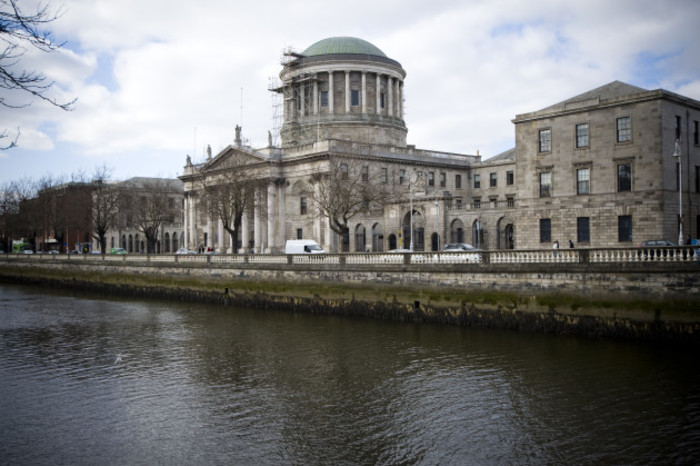Your crash course in... Champerty and legal funding
All you need to know about a 1634 law that made a high-profile appearance in the High Court yesterday.
IT’S NOT EVERYDAY a little-used law dating back nearly four centuries makes the headlines.
However, yesterday the ancient law of champerty took top billing when an English company was prevented from funding a legal action against billionaire businessman Denis O’Brien and politician Michael Lowry.
The pair were up in the High Court after Persona Digital Telephony’s James Boyle claimed O’Brien’s Esat Digifone consortium bribed the then-minister for communications Michael Lowry in order to secure a mobile phone licence in 1996.
All allegations, first aired at the Moriarty tribunal, have been denied by the pair.
Since Persona cannot fund its claim, the company asked if an English company called Harbour Litigation Funding was allowed to pay the legal fees and take a proceeds of the litigation if successful.
This is where champerty, a law dating back to 1634, comes into play.
The law states that a third party is not allowed to back a legal challenge with a view to making a financial gain off the back of a successful claim.
In Persona’s case, the company’s legal team argued the law should be trumped by the constitutional right of access to the courts – especially as champerty laws had long since been abandoned in many jurisdictions. The judge disagreed.
What’s that term?
Champerty comes from the old French word ‘champart’, which was a tax applied by landowners on tenants in medieval times. The tax meant tenants were forced to give a share of their harvest to the landlord.
Now the word refers to a lawsuit being backed by a third party that has no interest in the proceedings in order to claim a share of the spoils if the litigation is successful.
 The Four Courts
The Four Courts
What’s an example?
Let’s say Jon had €5 of his lunch money stolen by Kevin. Jon wants to bring a case against Kevin and sue him in the playground court, but he can’t afford the €10 legal fees.
However, Jon’s friend Donna has €10 lying around and will pay his legal fees if she can take a 20% share of any amount he successfully sues Kevin for.
Donna hasn’t had any of her lunch money stolen. She has no reason to get involved in this case for any reason other than personal financial gain. This is champerty.
Champerty vs maintenance
Another legal term that is linked to champerty is ‘maintenance’, but there is an important distinction. It’s all based in the interests of the person or organisation interfering in the suit.
If the party interfering is funding a legal case but is ruled to have a vested interest in the outcome, it’s called maintenance. However, if those backing the litigation are judged to have no interest in the case other than financial gain, we’re talking champerty.
So, although each champerty includes maintenance, not every maintenance is champerty.
Where did it come from?
Champerty became a part of Irish law when the country was still under British rule after the Maintenance and Embracery Act was passed in 1634.
The law was ruled obsolete in Britain in 1967, but it was retained by the Irish government after a review of old laws in 2007.
The case brought forward by Boyle was the first time the champerty law has been directly challenged in an Irish court.
World comparison
Ireland isn’t the only country in the world to still treat champerty so seriously. In 2013, a barrister in Hong Kong was sentenced to over three and a half years in jail after he fell foul of champerty.
Louie Mui Kwok-keung was convicted of doing deals to buy into his clients’ lawsuits and gained more than HK $1.6 million (€182,000 in today’s money).





